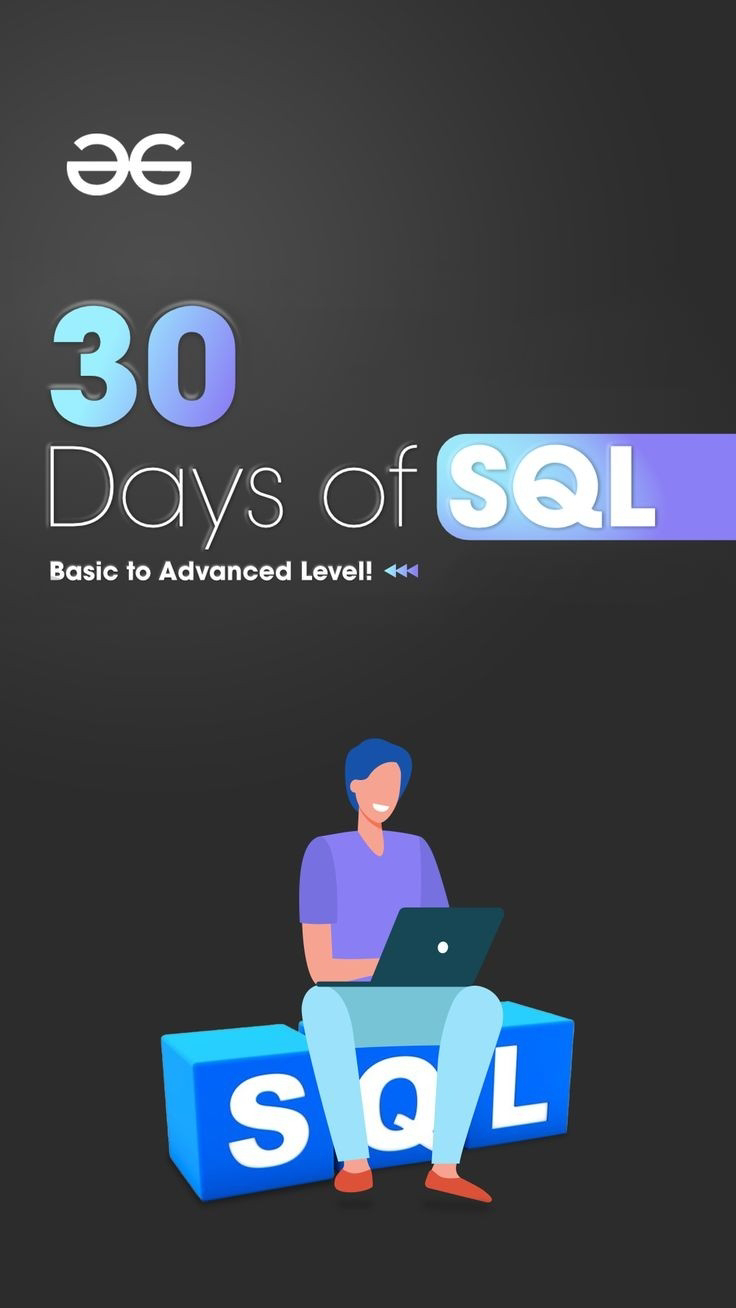C LANGUAGE FOR BEGINNERS
Certainly! Here are some basic concepts in C programming:
1. **Hello, World!:** A simple C program typically starts with the "Hello, World!" example, which prints this text to the screen. Here's the code:
```c
#include <stdio.h>
int main() {
printf("Hello, World!\n");
return 0;
}
```
2. **Comments:** You can add comments to your code to explain what it does. In C, comments are written using `/* ... */` for multi-line comments and `//` for single-line comments.
3. **Variables:** Variables are used to store data. You need to declare the type of the variable before using it. For example:
```c
int age = 30;
float price = 19.99;
char grade = 'A';
```
4. **Data Types:** C has several data types, including int, float, double, char, etc. Each data type specifies what kind of data the variable can hold.
5. **Input and Output:** C provides functions like `printf` for output and `scanf` for input. These functions are part of the standard I/O library.
6. **Conditional Statements:** You can use `if`, `else if`, and `else` for decision-making in your program. For example:
```c
if (condition) {
// Code to execute if the condition is true
} else {
// Code to execute if the condition is false
}
```
7. **Loops:** C supports different types of loops, such as `for`, `while`, and `do-while`. These are used for repetitive tasks.
```c
for (int i = 0; i < 5; i++) {
// Code inside the loop
}
```
8. **Functions:** You can define your own functions to perform specific tasks. Functions are reusable blocks of code.
```c
int add(int a, int b) {
return a + b;
}
```
9. **Arrays:** C allows you to create arrays to store a collection of values of the same data type.
```c
int numbers[5] = {1, 2, 3, 4, 5};
```
10. **Pointers:** Pointers are variables that store memory addresses. They are essential for tasks like dynamic memory allocation.
```c
int x = 10;
int *ptr = &x; // ptr now holds the memory address of x
```
11. **Include Libraries:** You can include libraries using `#include` to use functions and features provided by those libraries.
```c
#include <stdio.h>
```
12. **Compile and Run:** To run a C program, you need to compile it first. You can use a C compiler like GCC to do this. For example, to compile a program named "hello.c":
```
gcc -o hello hello.c
```
Then, you can run the program:
```
./hello
```
These are some of the fundamental concepts in C programming. Understanding these basics will give you a strong foundation to start writing C programs.


Comments
Post a Comment